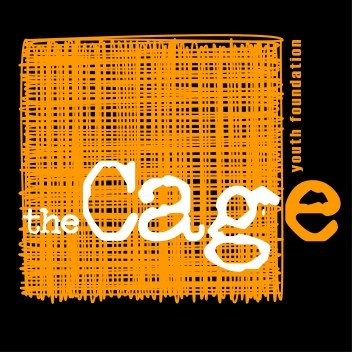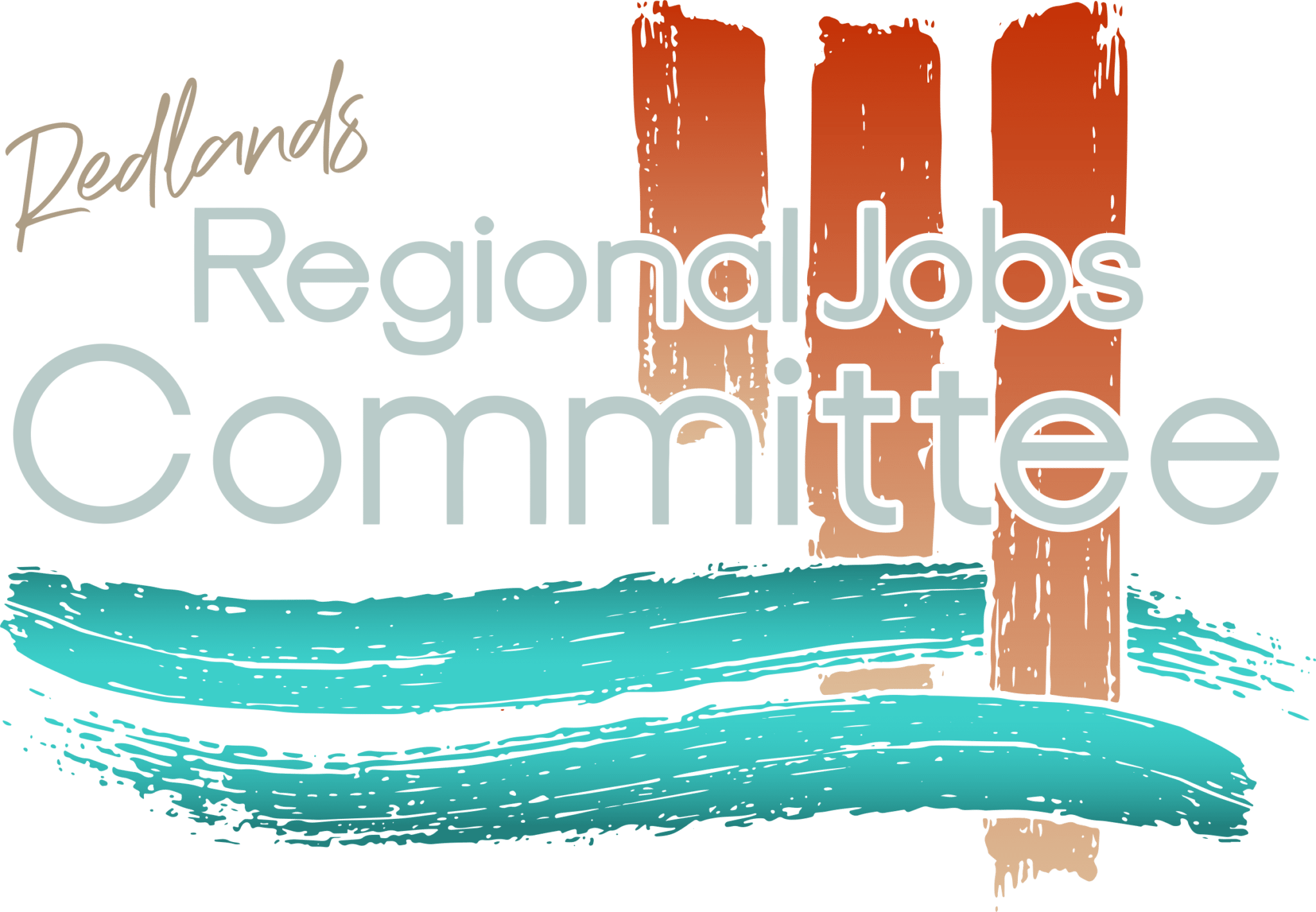Being a great business leader doesn’t happen by chance. Not everyone has the skills, abilities or desire for that matter to take the lead (and take the responsibility associated). And being a great leader does not just constitute asking for a bigger pay packet or giving yourself a title. Here are my personal 12 ideas of what makes not just a good leader, but a GREAT leader:
1. Passion & Inspiration. I think the first thing is that you must be passionate about what you are doing. You must love your business or industry and have enough passion about it to share with others. If you are just there because it’s “a job” or it makes reasonable money, but you really don’t care for the business, then honestly, how can you expect those below you to be enthusiastic? As a leader you are also a motivator and inspirer. Think of yourself almost like a “Duracel battery“ you are there to energise the team. Passion (or lack thereof) is contagious!
2. Communication. Any leader has to be a great communicator — almost a salesperson. They need to be able to spread the word, let the team know what’s happening, clients what to expect and so much more. Communication is critical at all levels of a business, so especially starting at the top.
3. Business Skills. A leader really needs some skills in tactics, strategy and even a level of knowledge of the technical side of things. Whilst the leader is often not the person performing operational tasks, they should understand how these work in a general sense. A good leader needs to have a broad understanding of all aspects falling under his/her area. How can you lead or guide someone if you have no idea of what they are doing? Then of course, then is the strategy — a leader has to know what direction they (and the business) are heading, and how they will get there. What are the goals, plans and strategies to move forward successfully in the future?
4. People Orientated. Whilst you don’t have to be loved by all and sundry, it’s definitely advantageous if you are at the very least highly respected. A team will give a leader more from respect, loyalty or liking that person but if your team don’t respect you, then it’s a downhill battle. In business, most of us are dealing with people (customers, suppliers, associates, staff) so being people orientated, and engaging, is a must.
5. Listen & Be Fair. Following on from communication and being people orientated, I think it’s also important that a leader has the ability to remain professional and calm and to listen and make fair decisions. It might be a staff member demanding a huge pay-rise, or a disgruntled client demanding a refund — but whatever the case — listen, remain calm and be fair. You will always come out on top if you do so. Be open to feedback and thank those around you for giving you that feedback — regardless of what action comes out of it.
6. Take Action & Be Decisive. A leader really can’t procrastinate. Inaction can often make you appear weak. Gather all the relevant information, make a decision and stick by it. BUT, having said that, a great leader can change direction if new information comes to hand, or they realise the decision was not the best. Don’t stick on the wrong path, simply because you think you are “saving face”. You won’t. Facing up to mistakes or errors in judgement takes courage and strength of character. And often, you need to be a quick thinker — especially “on your feet”.
7. Be Strong. Somewhat akin to the above, a leader needs to be strong. If you are “wishy-washy” or vague or lacking confidence, this will show in every aspect of your dealings with people. I’m not saying be arrogant or a bully — but confidence is an important ingredient to a great leader.
8. Be Ethical & Honest. I can’t emphasise this enough. Don’t expect your staff to be honest, when they see you ripping off customers or cheating on your financials. Lead by example. If you expect honesty, integrity and professionalism from your team and those around you, then it all starts up the top — with you. It goes without saying — you would never gossip or speak poorly of someone behind their back.
9. Dress, Speak & Act the Part. I really believe you have to play the part of leader in all aspects. How you dress, speak and behave is all part of the whole package. If you turn up to work late, swear at clients and can’t seem to find the iron, then once again, you loose credibility, not only with your team but with all those you interact with. And be consistent. Don’t just play the part at networking functions and then back at the office fall back into your old habits.
10. Share the Wins. A great leader can give out thanks and praise as much as accept it. If one of your team was actually the person who made the achievement, openly give that person praise and recognition. No-one hates anything more than a boss who takes credit for a workers big efforts. Whilst guiding and reprimanding staff is a part of a leaders job, so should be ensuring that the team are thanked and appreciated. Frequently the success of a business is due to the whole team — not any one individual — you need to remember that.
11. Keep Abreast of the Field. A good leader also must be constantly in learning mode. S/he needs to be keeping abreast of relevant information, knowledge, legislation so that this information can be passed down the ranks. Sure, a good leader will surround themselves with professionals and those in certain fields who know more than them — and so the source of some education may come from these professionals and experts. If you aren’t growing — then likely neither is your team.
12. The buck stops at you! If you are the leader, at the end of the day, whatever happens (good or bad) the buck stops at you. You have to take responsibility, not only for your own actions but also for those below you. Hope you have broad shoulders, because with a large team, you may have a lot to bear. If someone does do something wrong, maybe YOU didn’t have them properly trained — it’s your responsibility. If they don’t follow process — have YOU had the process communicated to them clearly?
Being a great leader is hard work — but it can also be very rewarding when done successfully.

Donna Stone is the founder of the multi award winning Stone Consulting and an experienced Business Coach with 30 years’ experience helping businesses succeed. She is a three times published author, speaker and advocate of business in the Redlands. Learn more at www.donna-stone.com.au.
© Donna Stone, 2015


































